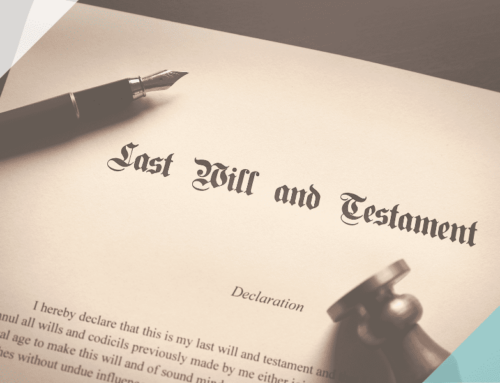If you get married any previous will you have made is automatically revoked. The only exception is if the will specifically states it was made in contemplation of marriage.
In the space of four days, Evi Kalodiki wrote a will, married her partner and died. She left an estate of around £10 million.
Key events
- 17th December 2018 Evi was admitted to hospice as terminally ill with lung cancer.
- 24th December 2018 she left to spend Christmas with her friend/partner Chris and his family.
- 27th December Chris drove her back to the hospice and he and Evi discussed how it would be “irresponsible” and “unkind” of her to leave him alone and unsupported. Evi asked whether Chris was proposing to her and he said he did not mean this, but agreed to marry her.
- Later on in the day on 27th December 2018, Evi executed her will, describing it as her “last and only will”.
- On the evening of 27th December 2018, Evi and Chris were married at the hospice.
- 31st December 2018 Evi sadly died aged 62.
The Claims
A claim was brought by the deceased’s new husband Chris that Evi died intestate. A counterclaim was brought by the deceased’s sister who sought to rectify the will so that it read as if it had been made in contemplation of marriage. She also brought proceedings in the family court to challenge the validity of the marriage.
We will primarily be focusing on the details of the Probate claim.
The Probate Claim
Chris made an application for summary judgement which was dismissed by Master Clark.
The case will now proceed to a full trial.
Master Clark provided judgement on the summary judgement application on 23rd June 2023.
Firstly that the words “my last and only will” were seen as ambiguous and that “last” could either mean the deceased’s most recent will or that there was no intention to make another will before her death. It was concluded, that had the will expressed that it was made in contemplation of marriage and that the testator wished for the will not to be revoked by her marriage, it would have been clear what her intentions were.
Under section 18(1) of the Administration of Justice Act 1982, a will shall be revoked by a testator’s marriage. Once revoked the testator will be seen to have died intestate and this usually means that their estate will go to their partner i.e. husband, wife or civil partner.
Master Clark further found that the ambiguity of the wording and the details of drafting the will were incomplete as there were no witness statements provided. A key player in the drafting of the will was Evi’s close friend Father Damian, who guided Chris on the structure and what to include in the will (with input from Evi). Yet Father Damian did not provide a witness statement.
The Court further discussed rectification under section 20 of the Administration of Justice Act 1982 which states; if the court is satisfied that a will fails to carry out the testator’s intentions due to clerical error or failure to understand the testator’s instructions, it may order that the will shall be rectified to carry out the testator’s intentions. In this case, the Master could not say for certain that there was a clerical error or failure to understand intentions as there was missing evidence.
In relation to the marital claim, Master Clark deemed that the Court had no power to declare the marriage void under sections 55 and 58 of the Family Law Act 1986. The case of Re Roberts (1978) it shows that the circumstances for challenging a marriage after death are very limited.
For personal law support, please email edward.powell@attwells.com





